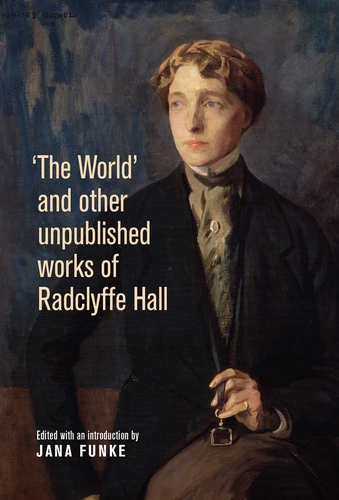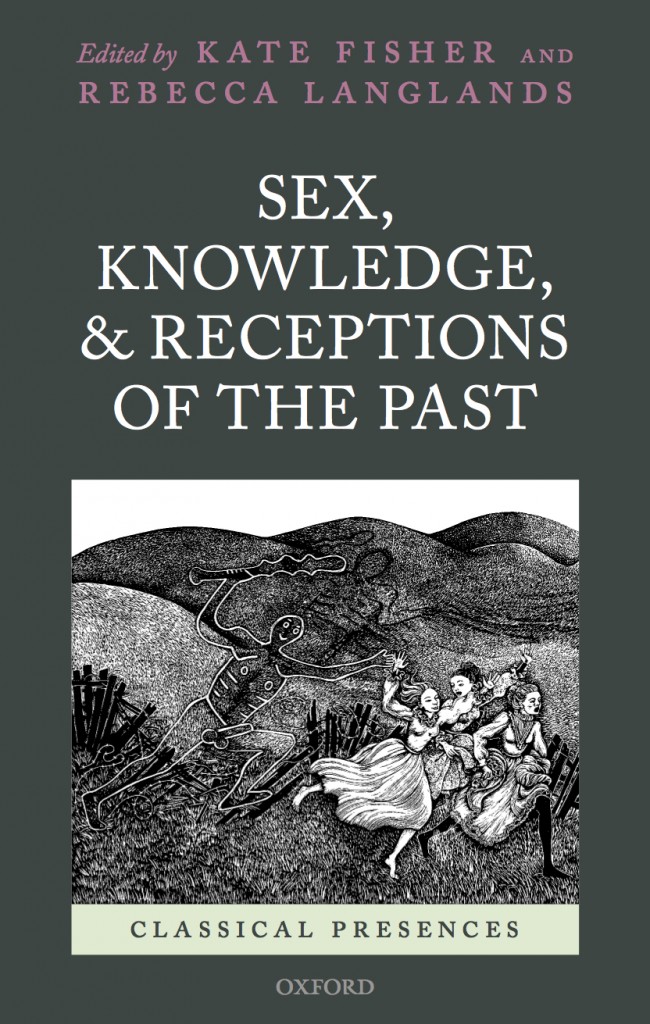On 4th and 5th May 2015, the Sexual Knowledge unit organised a two-day workshop at the University of Berkeley at California. The event was kindly hosted by the Centre for Science, Technology, Medicine & Society and funded by the University of Exeter’s HASS Strategy . Our aim was to bring together scholars from a range of disciplinary perspectives as well as practitioners working in the field of sexual therapy to create dialogue about the construction and authorisation of different forms of sexual knowledge (e.g. scientific, biomedical, pharmaceutical, political, literary, historical, spiritual).
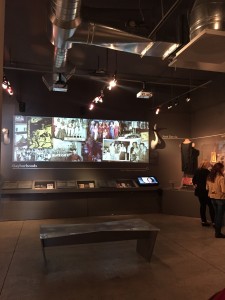
Our participants included:
The first day of our workshop allowed us to identify shared areas of interest and articulate joint research questions. One important area of discussion that emerged concerned the difficulties involved in understanding how the concept of ‘sexual health’ has evolved and how it has come to be defined. Participants expressed their interest in how understandings of sexual health (and related attempts to classify sexual behaviour as healthy or pathological) have shifted across historical and cultural contexts. They also noted that sexual health has diverse and competing definitions today that go far beyond the biomedical sphere in which the concept is most often situated.
We also debated the role that sexual identity categories continue to play, for instance, in the formation of kink identities and communities today. Several participants reflected on the continuing relevance of and desire for origin stories that promise to answer the question of why one might experience certain forms of sexual desire. This was discussed as a potentially affirmative tool to construct personal identities, build communities and thereby effect social and political change. However, we also reflected critically on such aitiological approaches to sexuality, which can reinforce models of classifications and lock us into identity categories from which at least some of the participants were keen to distance themselves.
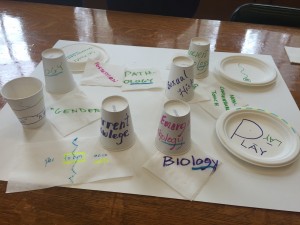
The fact that our group involved sex therapists who situate their work in the field of sexology raised some fascinating questions about shifting historical and cultural definitions of ‘sexology’ and ‘sexual science’ in the US and Europe. Academic researchers and and practitioners both made a strong case that sexology should be understood as an interdisciplinary field that seeks to understand sexual identities, desires, behaviours and experiences from a range of different medical and non-medical perspectives. Yet, almost all of our participants also noted the difficulties involved in moving beyond a biomedical understanding of sexuality and making sure that research coming, for instance, from scholars in the Humanities or Social Sciences actually gets heard. The larger point here was that we need to find ways to identify and address power imbalances and antagonisms that make it difficult or impossible for us to speak to each other across disciplinary boundaries.
After an excursion to the GLBT Museum in San Francisco’s Castro District, where we enjoyed a wonderful guided tour, we gathered again on the second day to debate further the question of how we might be able to drive change in the real world and open up channels of communication. This took the form of a lively discussion about public engagement and impact initiatives. We drew inspiration from the work that the Sex & History project at Exeter has undertaken with young people, using erotic objects to open up new approaches to sex education. We also discussed other impact activities, such as Laura Mamo’s Beyond Bullying project. This led to a broader debate about the languages we use to talk about sex and how we might be able to develop alternative ways of speaking and talking about sex, especially across different hierarchical and disciplinary boundaries.
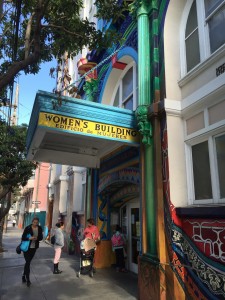
The final roundtable discussion drew out the main themes and points of interest that had emerged over the course of the past two days: the question of agency and who has the power and authority to produce and circulate sexual knowledge; problems surrounding communication about sexuality, for instance, in the clinical encounter, but also when it comes to speaking across different disciplines; the struggle for empowerment and the need to enable individuals and communities to develop affirmative perspectives on sexuality that do not reinforce new and potentially restrictive categories; and, finally, the urgent need to think critically about definitions and understandings of sexual health and wellbeing, a challenge that can only be met by trying to facilitate dialogue that works across disciplines and also involves collaborators beyond academia.
We are very grateful for the support of the CSTMS (particularly Massimo Mazzotti and Freya Knapp) and the University of Exeter.
Post by Jana Funke



